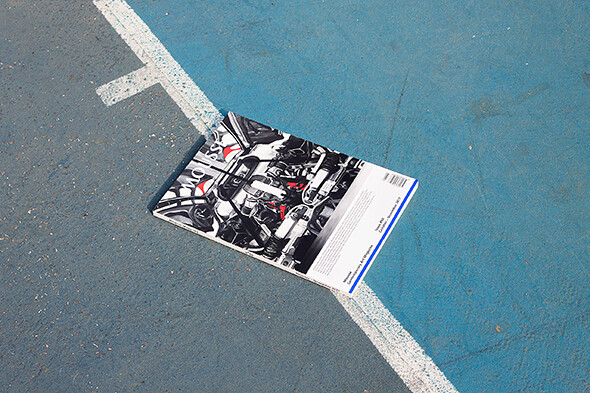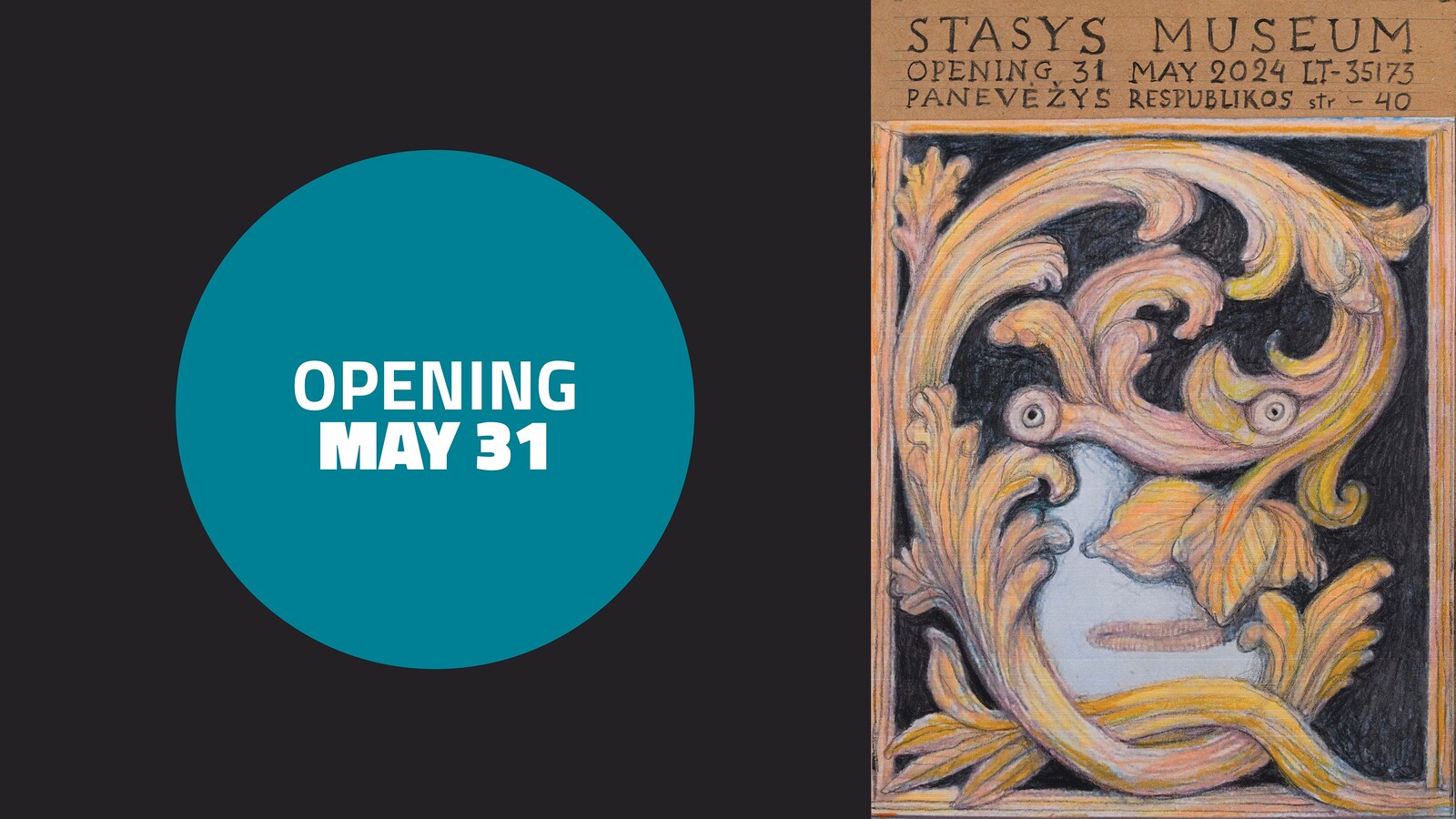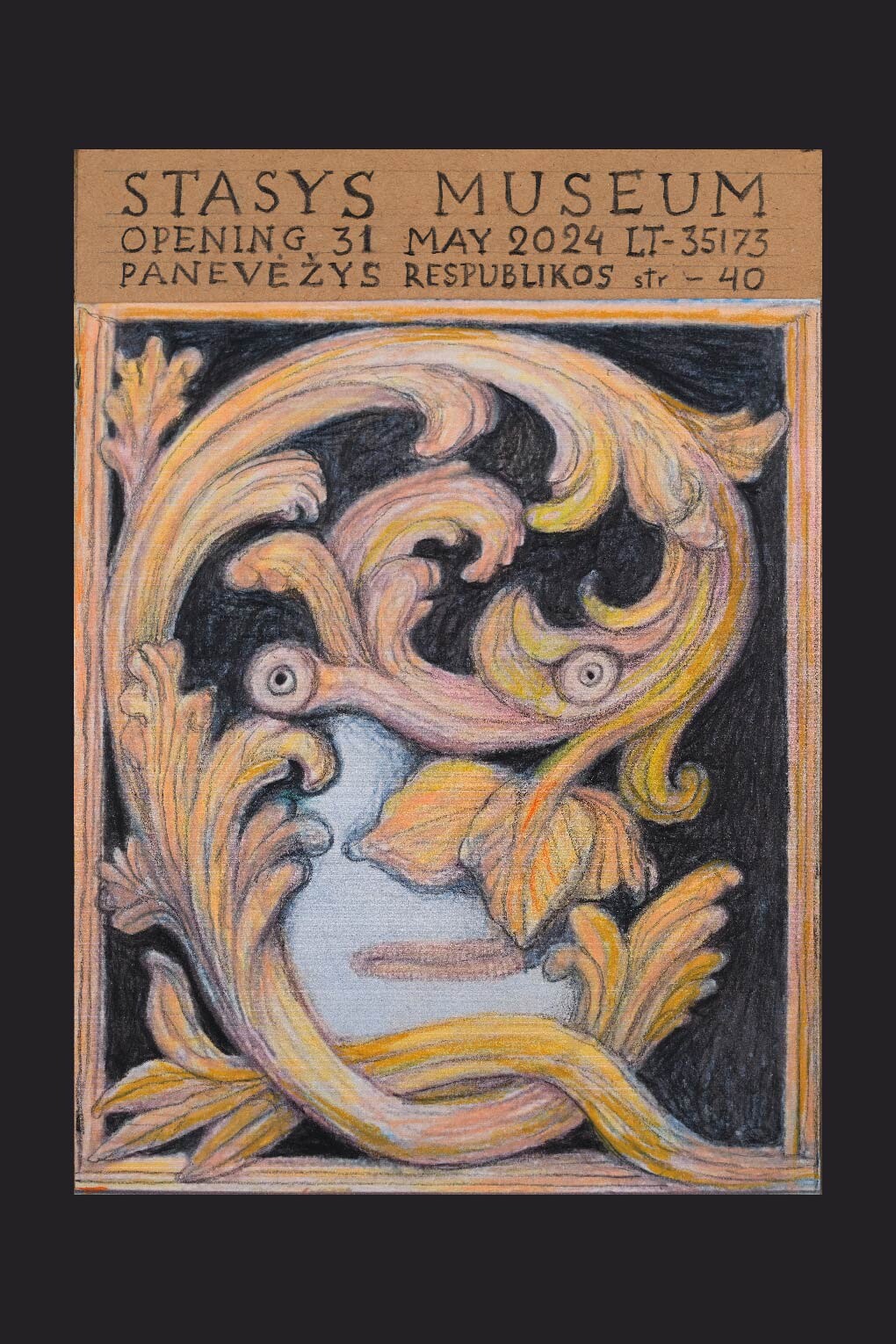October–November 2017
www.moussemagazine.it
Facebook / Twitter / Pinterest / Instagram
Get issue #60 or subscribe
iPad edition #60 and subscription available soon on Apple Newsstand
In this issue:
Chris Sharp found Frieda Toranzo Jaeger’s work strange and aggressive. Anything but conforming to the stereotypes associated with Mexico. A conversation about her practice, the craft and stakes of painting in general.
The Ten Murders of Josephine by Rana Hamadeh is structured through evolving iterations that trouble one another in a dramaturgy of labor and research processes. With Carolina Rito, Hamadeh unfolds the notion of “testimonial subjecthood.”
Aria Dean‘s work forces the viewer to consider the encumbrance of the material but also the fraught realm in which the corporeal exists. Hanna Girma discusses with the artist her status as an art-world Anansi character and the state of black critique.
Anne Teresa De Keersmaeker, Nick Mauss, and Heimo Zobernig engage with Catherine Wood in a conversation about the relations between art, dance, and theater through the lenses of their own practices.
Barbara Chase-Riboud is an outstanding figure in contemporary art and literature. In conversation with Hans Ulrich Obrist, we gain an overview of a career spanning five decades: from her early adventures in sculpture, to her iconic series of work dedicated to Malcolm X.
Juan Gaitán interviewed Beatriz Santiago Muñoz over email despite a hurricane in Puerto Rico and an earthquake in Mexico, both making clear the lack of social predisposition of the present political world. Here, they establish a common ground for sharing ideas where each one’s reality resonates with the other’s.
Having produced several never quite assembled fragments, Yann Chateigné went through his notes again, discovering that these unpublished texts all revolved around questions of time. Brought together without chronology, they form an attempt to write through time.
Kathy Noble explores institutional trauma in relation to three portraits of individuals who have experienced it: Luke Willis Thompson’s film on Diamond Reynolds, Lynn Hershman Leeson’s film on Tania Bruguera, and Chris Kraus’s biography of Kathy Acker.
Can artists address historical events that happened to others? Where do we place freedom of speech or freedom of artistic expression within the priority list of our values? Jens Hoffmann explores how accusations of misappropriation generate endless questions with no easy answers.
Appropriation takes place when there are imbalances of power, when one attempts to represent the other. Yet some traumas are irreducible to representation. How then do we keep these traumas from falling into oblivion? Candice Hopkins on the debate.
Chus Martínez’s mother was considered a migrant even if she moved within her own country, Spain. Ingo Niermann has a white, middle-class background—but in Germany, it was enough that his parents went only to elementary school to make it unlikely that he would attain university. Taking their personal memories as a starting point, both confront questions of identity politics.
Not feeling well at an art fair in Athens, Andrew Berardini found a bed, blushing with pinks and dancing with black Japanese drawings, painted by Sofia Stevi. His body sank in and he closed his eyes. A portrait of the artist who taught him to eat flowers.
In conversation with Liz Craft and Stanya Kahn, Anna Gritz probes the legacy of the exhibition Helter Skelter: L.A. Art in the 1990s in Los Angeles today. Almost 25 years later, Craft and Kahn’s work continues to reveal the darkness and pleasures of West Coast’s use of the abject as both subject and strategy.
Through the work of several artists, Nora N. Khan examines how augmented reality deploys lightness and play to highlight and rearticulate visual narratives through subtle gestures and edits.
Is the growing interest in virtual reality still connected to its roots in the psychedelic counterculture? Ben Vickers, Jakob Kudsk Steensen and Katherine Vega discuss forms of animisms arising from such technologies in terms of their applications in the visual arts.
Performance research has become a dynamic field in contemporary art. The basic terms of the field are space, time, and the body—but how are those categories constituted? Whose space? What bodies? Denise Ferreira da Silva, Yuki Kihara, and Wu Tsang in conversation with Vivian Ziherl.
Lin Ke is attracted to the behavioral science of the computer age. Interviewed by Alvin Li, we learn that he regards his laptop as his art studio, and computer software and the World Wide Web as the prime materials for his self-portraits.
Yasunao Tone discusses with Alexander Iadarola AI Deviation, in which he positions himself in an antagonistic relationship with specially designed artificial intelligence software that mine the unexplored sonic potential of audio through modified “deviation” processes.
Timothée Calame lives right above a schoolyard. This was the setting for a talk with Luc Chessel about education, control, and leisure—all themes that play an integral part in his production.
Places are defined by what, and how, they remember. This produces an embodied knowledge that is channeled through the materialization of what the space we inhabit aims to remember and what it wants to forget. Hendrik Folkerts on monumentalization via oral history and living bodies.
Sara Deraedt in conversation with Jamie Stevens discusses cameras, printers, formats, and frames, providing firsthand insights into her artistic practice, starting with the series of vacuum cleaners for which she is best known.
Buy Mousse #60
Daily blog
Subscribe to our newsletter
Books by Mousse Publishing
Film & video on vdrome.org



